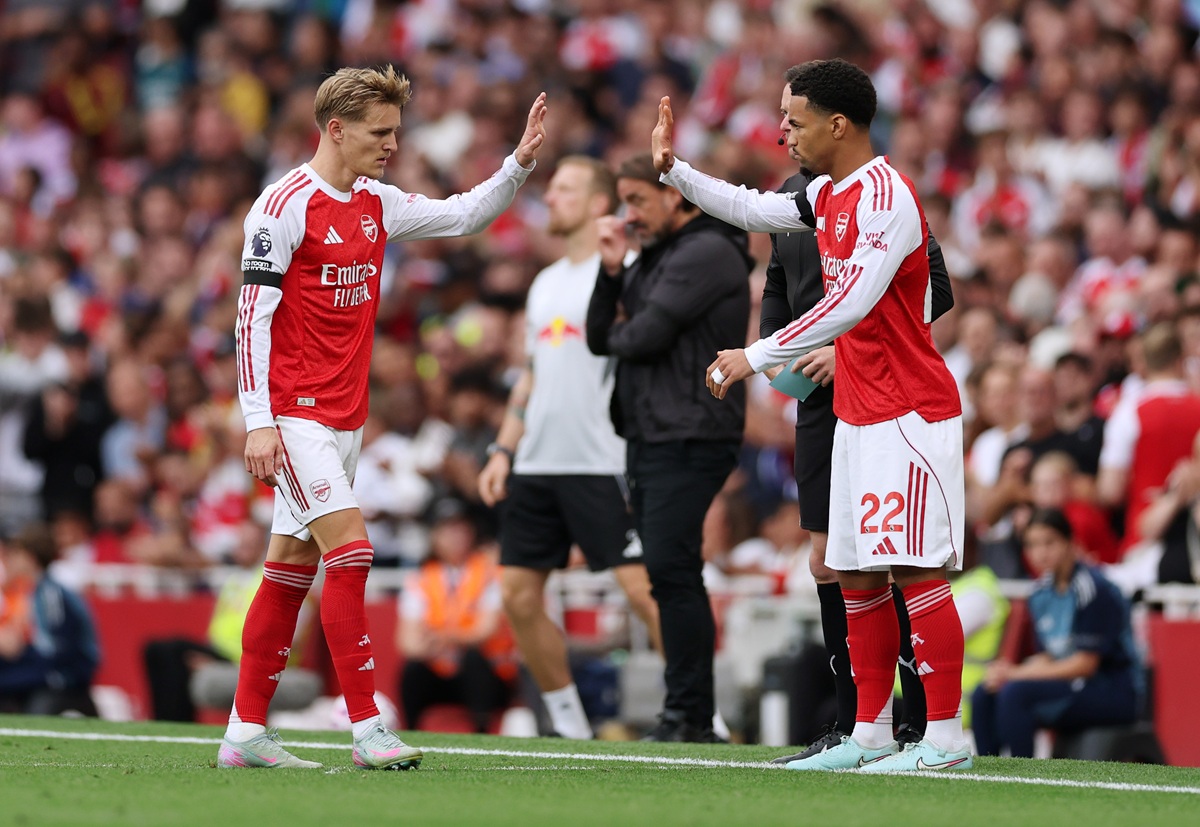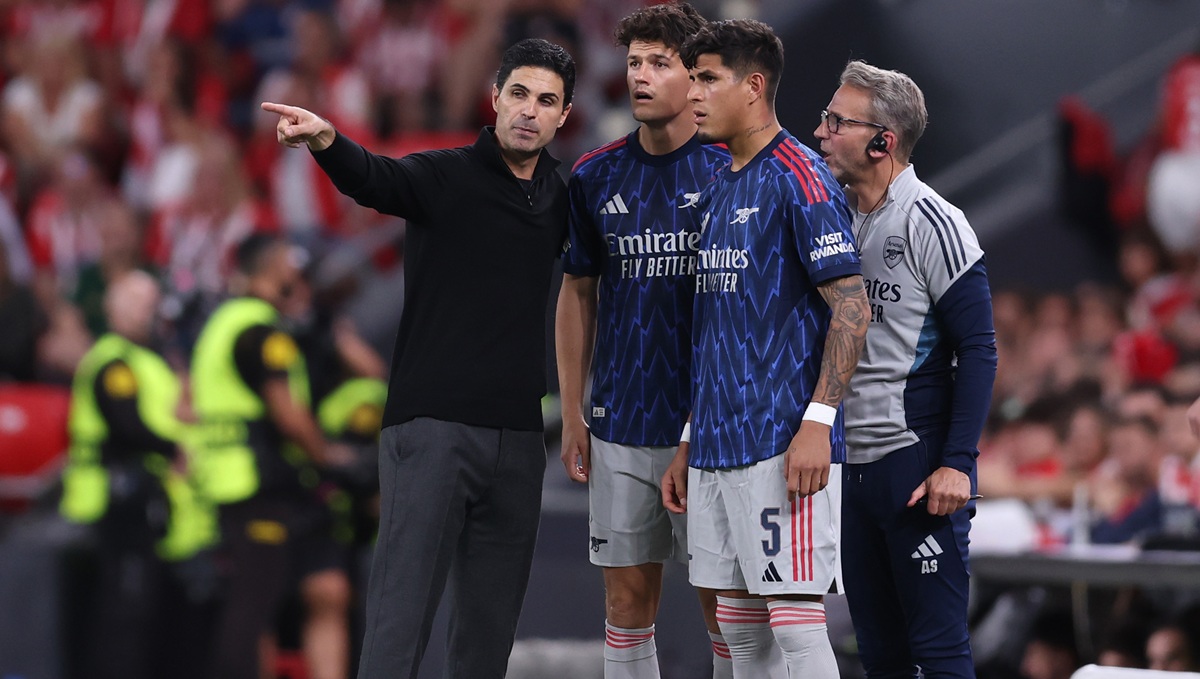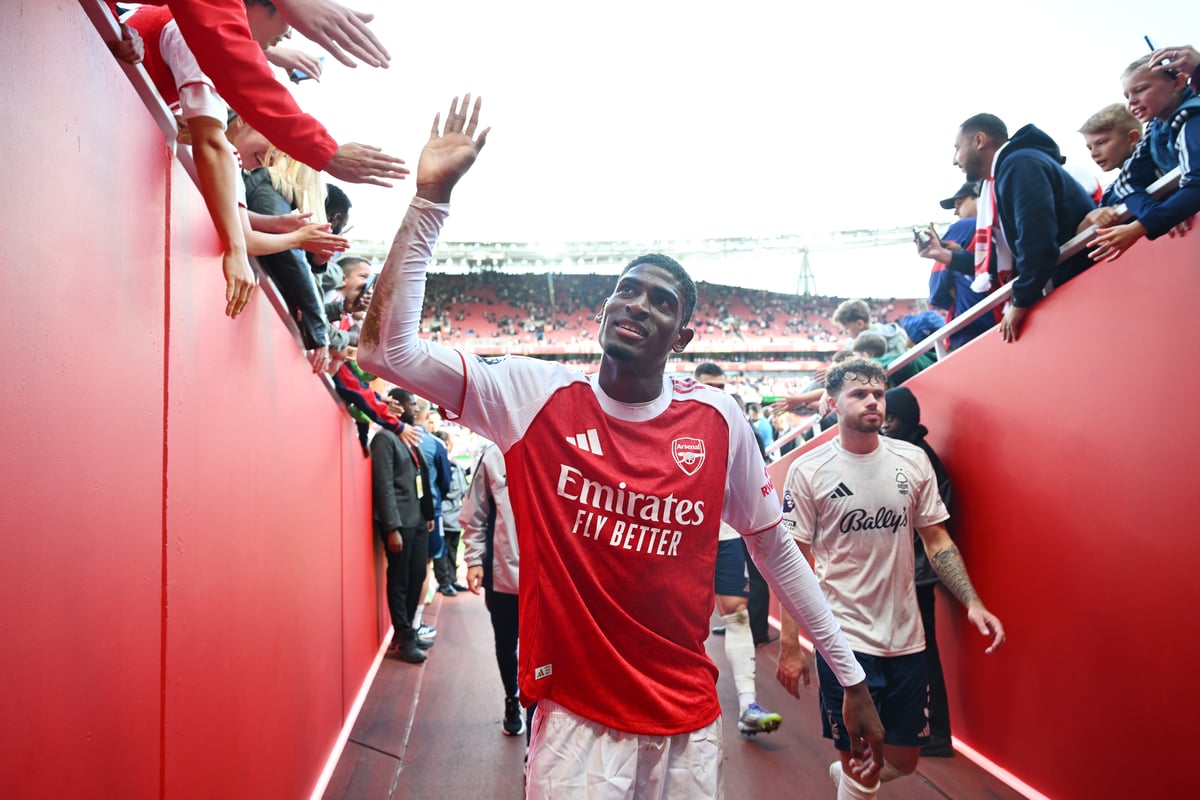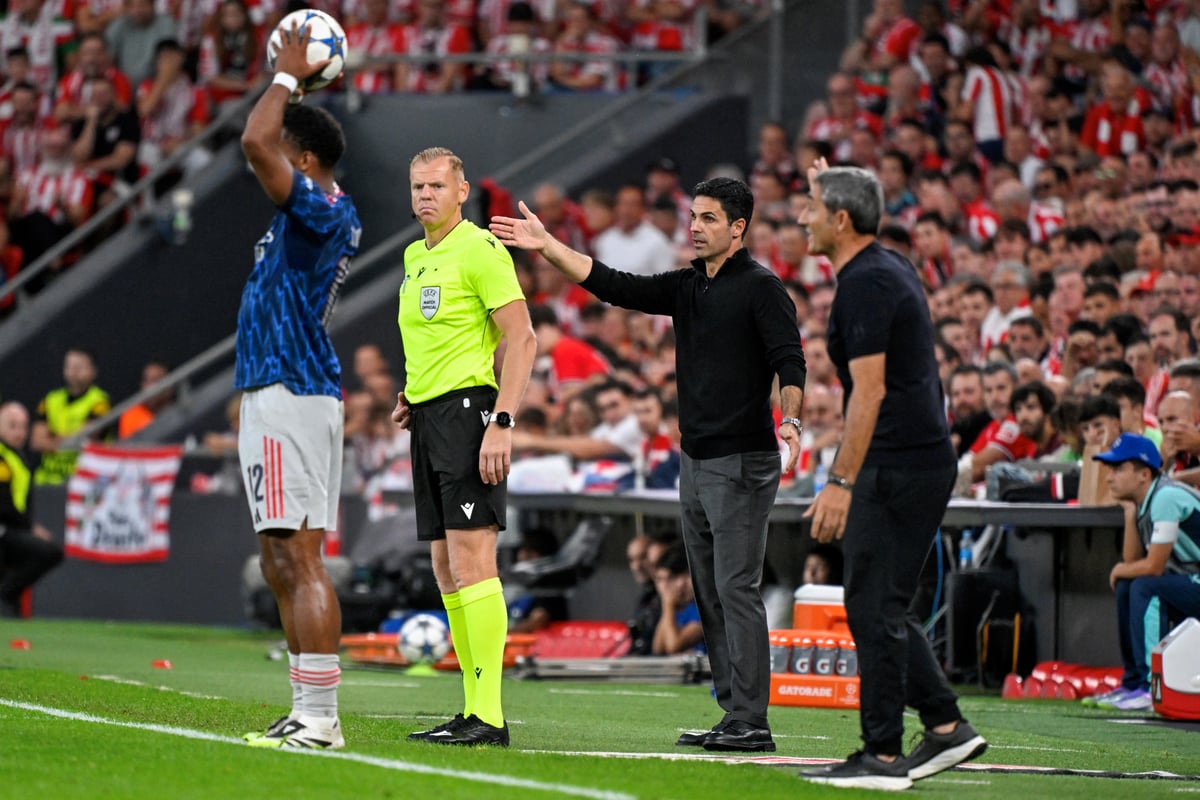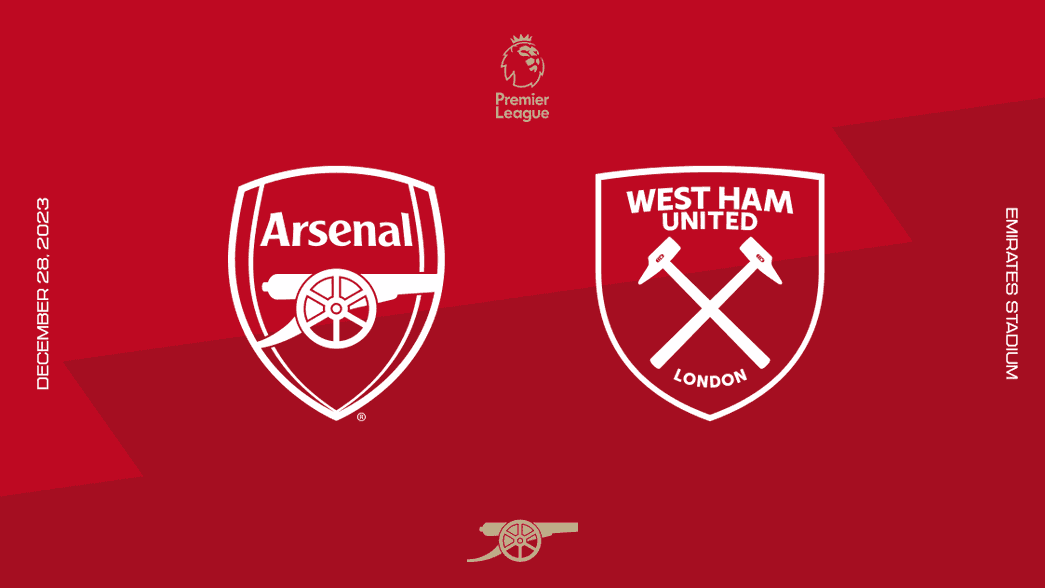Could Mr Arsenal be the next recipient of the One Club Award?
It’s hard not to respect Athletic Bilbao. Since 2015 (apart from 2021 due to Covid), they have yearly honoured a player with the One Club Award they created. Once a year they select a player who played for the same team their entire career and invite them to Spain to be presented with the trophy […] The post Could Mr Arsenal be the next recipient of the One Club Award? appeared first on Just Arsenal News.
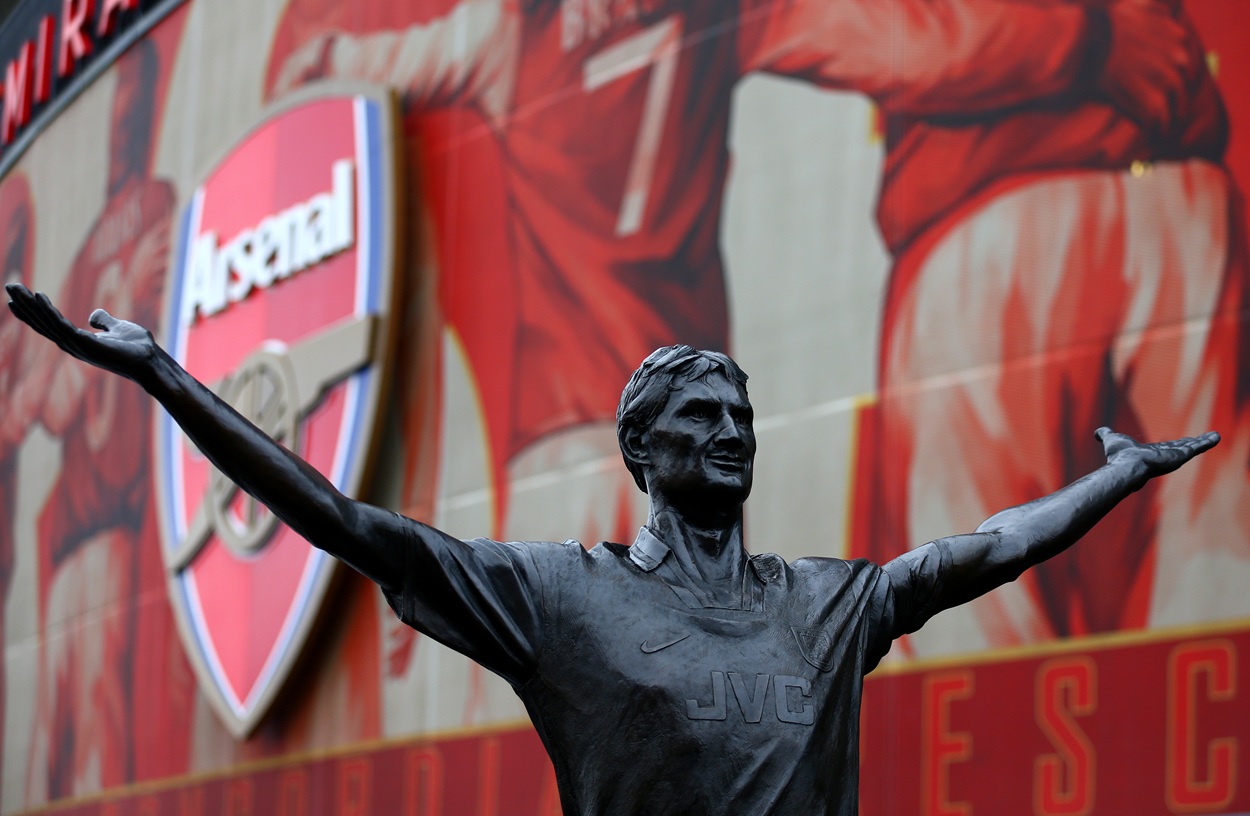
It’s hard not to respect Athletic Bilbao.
Since 2015 (apart from 2021 due to Covid), they have yearly honoured a player with the One Club Award they created. Once a year they select a player who played for the same team their entire career and invite them to Spain to be presented with the trophy at half time during a game.
It’s to celebrate loyalty, commitment, responsibility, sportsmanship and respect. Clearly these are values that The Lions care about based on their unique rule of only signing talent born or trained in the Basque Country. That has been their self-imposed recruitment policy since 1911.
Obviously the Spaniards feel this is a way to spread the message and honour the importance of an individual staying loyal to their city or region. It’s rare that a top-level club would take the time and effort to acknowledge and celebrate the contributions of someone who has nothing to do with them. Quite simply they don’t need to do this, making it a classy move.
Jamie Carragher has just been announced as the 10th winner, the Sky Sports pundit never having left Liverpool. Yet if Athletic need help for a nomination in 2026, here goes…
Why Adams Deserves Recognition
The likes of Paul Gascoigne and Paul Merson have had so many battles with addiction that they will be remembered for their vices as much as what they did on the pitch. Tony Adams was in danger of that being his legacy.
After all, it contributed to him spending a couple of months in prison for drink driving, cost him his marriage and more than once he was so intoxicated that his children were removed from his care. Maybe at the time the defender didn’t realise he was an alcoholic, yet it’s crazy he was able to achieve what he did while battling an illness.
Between bingeing on drink he was still able to captain Arsenal, win two league titles and lift an FA Cup, League Cup and Cup Winners Cup. From 1987 he had also been deemed good enough to play for his country.
He became the face of one of the most famous back fours in the history of British sport. George Graham could not have created ‘1-0 to the Arsenal’ without his skipper. In terms of leading those around him and organising a whole defence, the only English centre-back I have seen do the same is John Terry.
When a striker’s shot is blocked, you see a last-ditch tackle, or a toe just gets to the ball – none of this is luck. Defending is an art form. Tony Adams was an artist with Highbury as his canvas.
Imagine what else he could have achieved had he not had to battle with this disease?
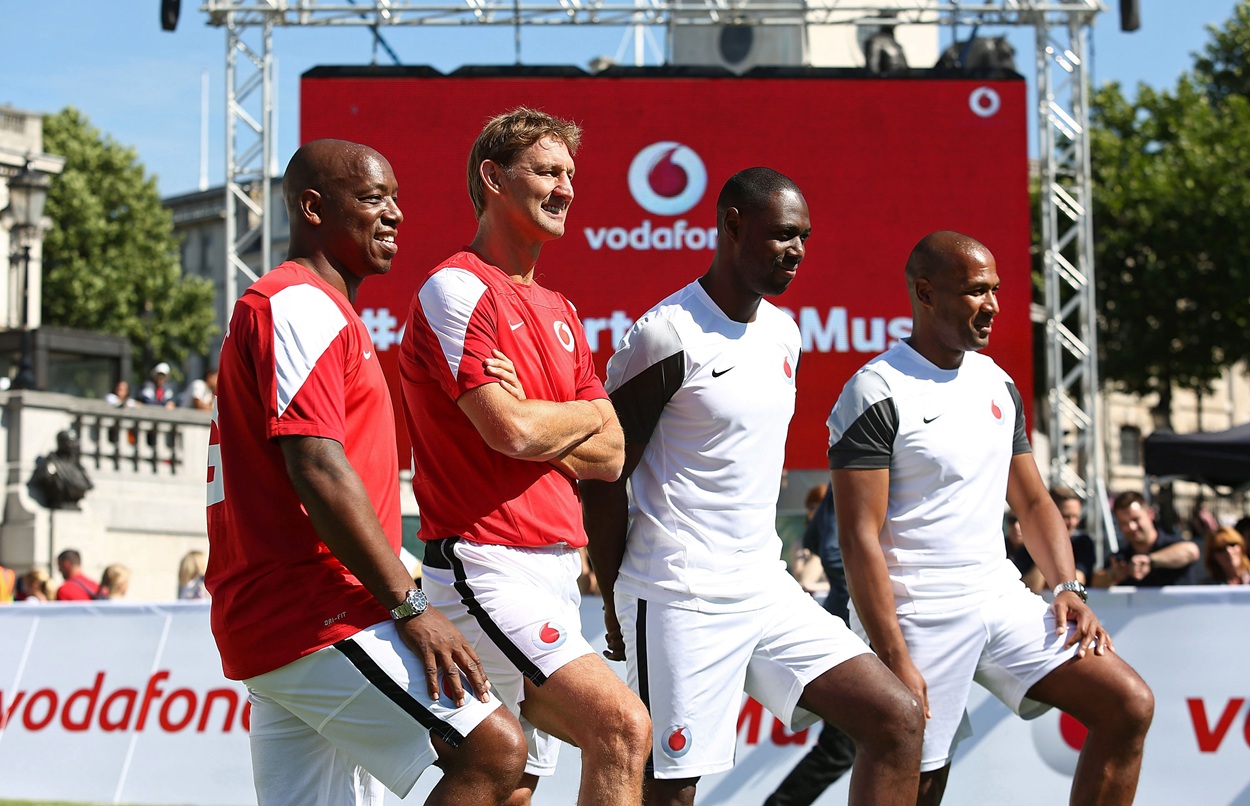
Adams’ Journey to Sobriety
Fighting with sobriety never ends. It’s a daily struggle and a journey that you can’t take being complacent.
Yet Adams did get to experience his dream of being sober in the final years of his career. With a clear mind he was able to take in the memories and enjoy the occasions. That’s part of the reason why he convinced himself in 1996 to never drink alcohol again.
Hosting Euro 96 was an exciting time for England, yet at that point football was merely escapism, a comfort, something to distract him from his personal life crumbling. Adams would later admit to staying in his hotel room, isolating himself from the rest of the Three Lions squad so they didn’t see how anxious he was. The anxiety was caused by how much effort it took not to have one drink that tournament, because he knew at this point he wasn’t capable of just one drink. While his peers went out, he lay there in tears consumed by the thought of drinking.
He promised himself he would wait until after the competition. He did, and such was the heartbreaking nature of England’s semi-final defeat to Germany, it was depressing. Almost as soon as his nation’s exit was confirmed, Adams as he promised himself was now allowed a drink… for 44 days!
For 44 days the then 29-year-old went on a bender. While horrific at the time, it would change his life. They say to get help you first must want help. On the 44th day, for whatever reason, Adams decided he wouldn’t taste alcohol again. He was aware it was dictating his world, controlling every second of every day – if he wasn’t drunk, he was worrying about how to function without a bottle in his hand. He was tired of being tired.
Only the man himself deserves credit for staying sober, but he admits that meeting Arsène Wenger helped. It had been a couple of months since that bender when the Gunners announced who their new manager was. Sometimes in this universe it’s all about timings. If ever there was a moment Tony Adams needed a Mr Wenger in his life it was in 1996.
The Frenchman was the perfect boss at a time our captain needed it. Wenger’s family had worked in pubs. He had seen addiction and had empathy for Adams at a time when others were not as educated.
It would be wrong to predict that under previous regimes there would have been a failure to change his lifestyle because at the end of the day that comes down to the person themselves. Yet being around a dressing room with a drinking culture wouldn’t have helped. In the first half of the 90s our squad was renowned throughout the division for liking the pub and the nightclubs. George Graham and David Dein certainly were not forbidding it. It was reflected in our league finishes and a failure for talented individuals to perform consistently.
You often hear about the mess Mikel Arteta inherited, but don’t let anyone tell you that Mr Wenger didn’t equally have a lot to fix when he arrived in North London. Immediately he changed the squad’s perception of what it meant to be a professional athlete. Almost overnight he introduced a new diet, innovative training methods and taught his new players how to look after their bodies, ranging from when to rest, positive sleep hygiene, how to look after your mind, etc.
He wasn’t asking, he was insisting. Many would have rolled their eyes but when he won a Double in his first full season they listened. The likes of Lee Dixon, Martin Keown, Nigel Winterburn, Parlour and David Seaman have credited Wenger for extending their careers while adding to their medal collection.
The same applies to our leader, but it’s deeper than that. Yes, on the pitch Adams got to experience two more titles and two more FA Cups. Yet off the pitch Adams was suddenly eating healthy, following a structured routine, living with a sleep pattern, and talking to counsellors.
It was the perfect time to physically and mentally try new things. It meant unlike his first European Championships, Tony Adams could enjoy the World Cup and Euro 2000.
It’s why his goal against Everton in 1998 is iconic, so much so that the celebration has been immortalised outside the Emirates with a statue. Here was a man who once couldn’t see light but only darkness. He didn’t know a way out of the hell he found himself in. Here he was scoring the goal to seal Arsenal’s first ever Premiership, at peace, comfortable in his own skin, physically and mentally content. Like a movie.
Given the gratitude he has for his ex-boss it’s a shame there is a feeling that their relationship grew spiky after the player retired. On more than one occasion the 58-year-old clearly wanted to return to North London to develop as a coach and was hurt when apparently his former employers didn’t return his call. Wenger originally had a policy of not wanting to work with former players, feeling they might be a distraction, a stance that eventually changed. In his autobiography, Adams translated this as his old boss not wanting staff who would challenge him.
In September 2000 Tony Adams founded the Sporting Chance Clinic. The idea is to offer support to current and past professional athletes who are struggling with mental and emotional issues. The charity offers therapy and residential treatment for addictive disorders.
Using his own story as a reason to help others is Tony Adams’ biggest achievement. More important than all of his accolades, trophies and caps, Tony Adams for over two decades has been saving lives.
If Athletic are creating a shortlist in the future they could do a lot worse than ‘Mr Arsenal’.
Dan Smith
__________________________________________________________________________________________
ADMIN COMMENT
So here are some simple rules which I must insist commenters follow….
You agree not to give any personal abuse to other Arsenal fans. Everyone is allowed to hold their own opinions even if you disagree with them. It COSTS NOTHING TO BE POLITE TO OTHER ARSENAL FANS.
CALLING ALL ARSENAL FANS! Anyone who would like to contribute an Article or Video opinion piece on JustArsenal, please contact us through this link…
The post Could Mr Arsenal be the next recipient of the One Club Award? appeared first on Just Arsenal News.

